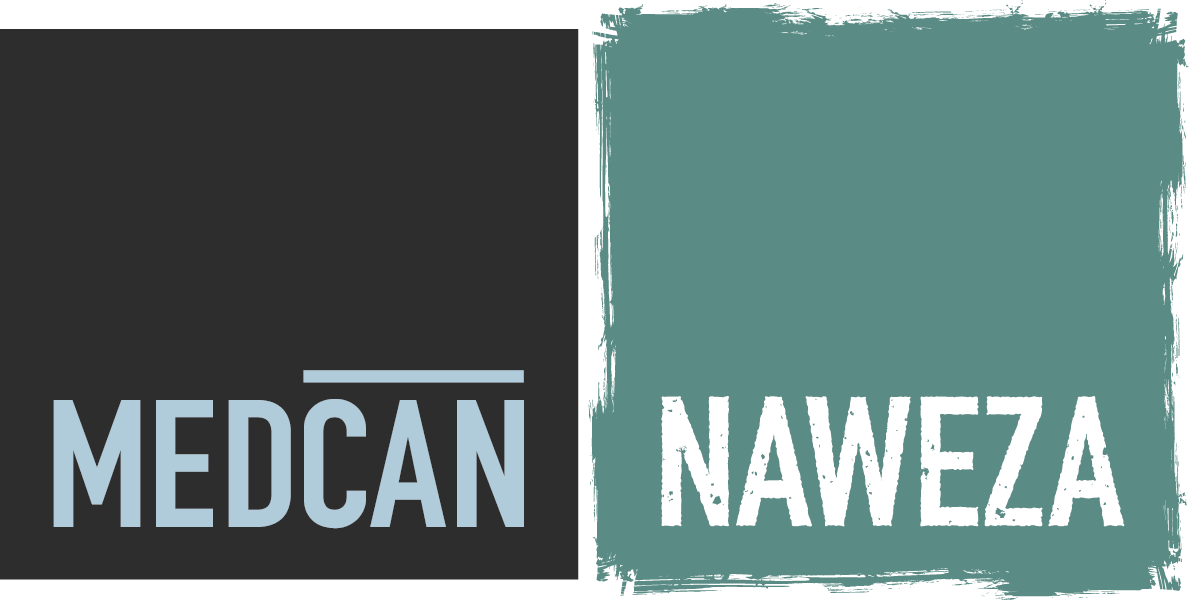Jumbo!
Our first full day at Lewa was amazing. After a ridiculously beautiful and delicious breakfast at Ngiri House, we left for the clinic. I must say this is the one time that the commute to work is a highlight of the day. Even a form of therapy. The feeling of peace and serenity is so wonderfully abundant. The animals, the landscape, the air...fills you...energizes you…and you arrive at “work” ready.

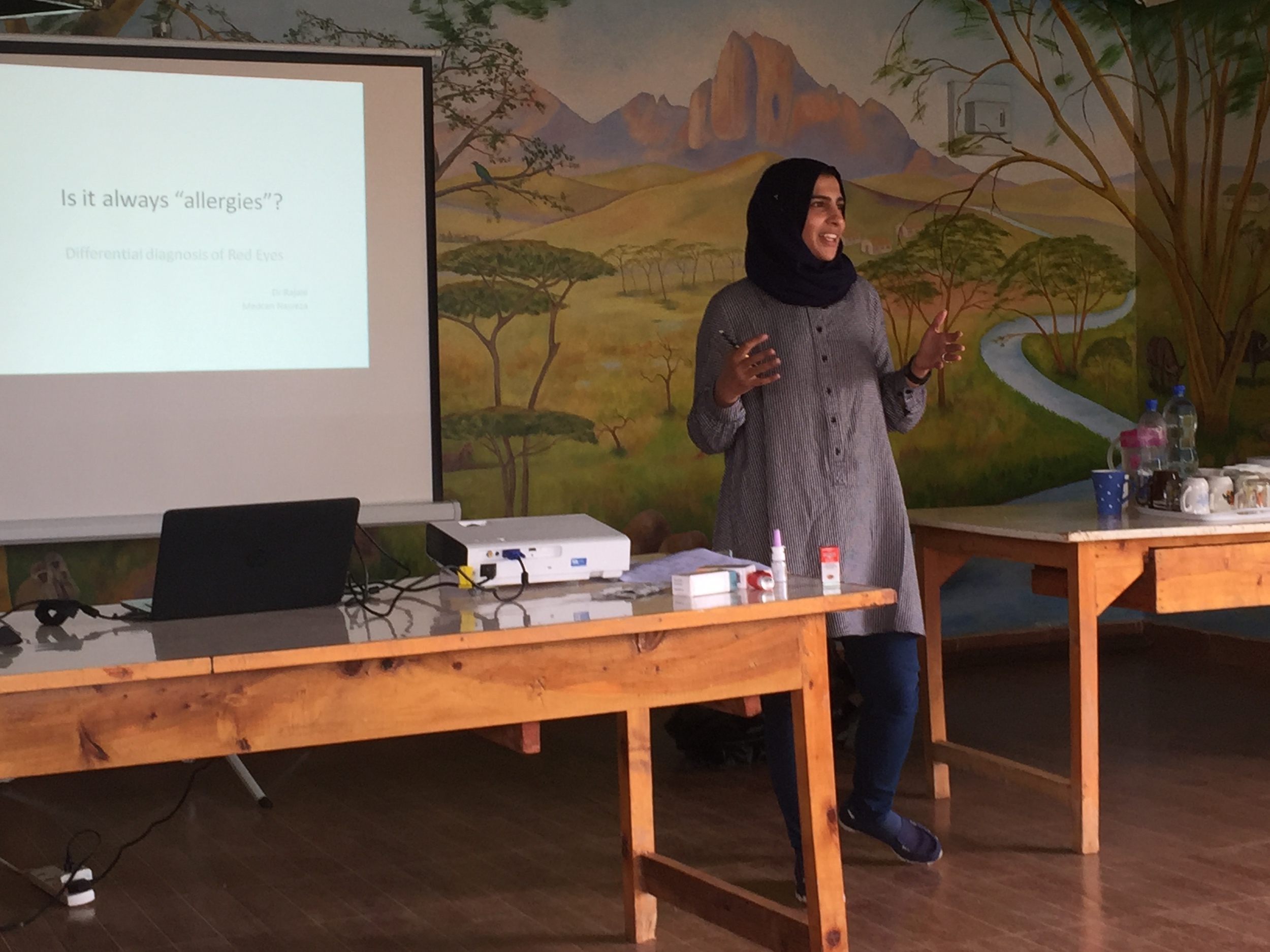
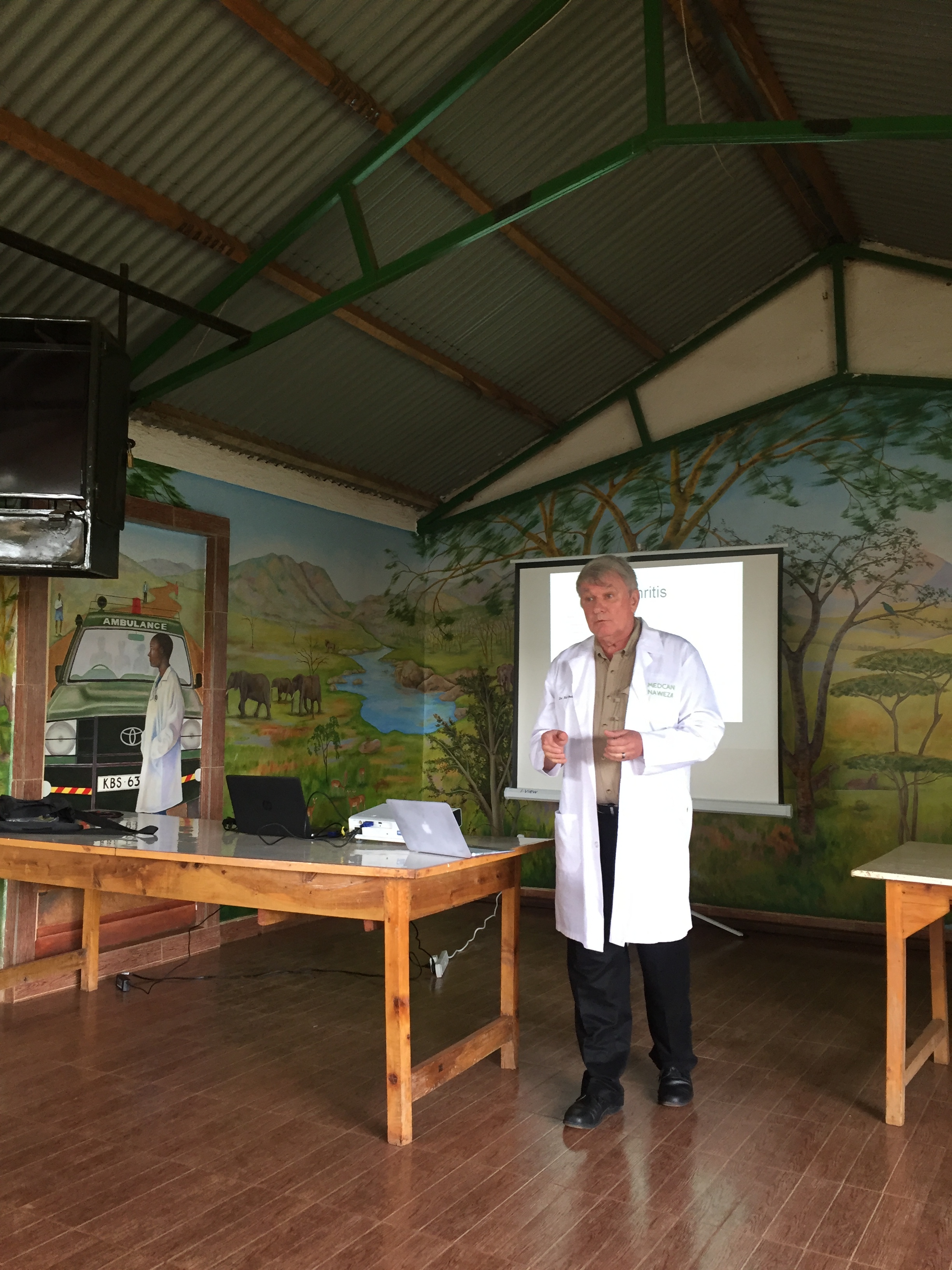
We were greeted warmly by the staff with smiles and handshakes and a promise of a productive day. The morning was dedicated to didactic training by all 4 docs. The topics were chosen by the clinic and the doctors had planned accordingly. The training took place in the lovely outdoor area where they have a projector screen which the doctors use for their presentations. Each of the docs taught the material in an interactive way involving the clinicians by asking questions and answering theirs. The staff seemed very engaged and eager to learn. A very good sign!
We then went back to our lodge, had a very quick lunch and headed back to the clinic within an hour. We had about 70 patients waiting to be seen, many of them seeing multiple doctors, given the rare opportunity to see a Western doc. We anticipated a long afternoon.
The doctors saw patients with a myriad of issues. One sad case involved a 38-year-old woman who had experienced a stroke 3 years ago due to atrial fibrillation, a heart arrhythmia. She came today in order to be seen by a “mzungu” doctor (white doctor) to get an opinion on whether she would get better. The stroke resulted in paralysis on her right side and speech aphasia. At this point she has regained her speech and most of the use of her right side, however, it is still very weak. We’ve given her a prescription for anti-coagulant to prevent future stroke and propranolol to control the heart rate. However, the main issue is that she requires a valve replacement which is highly unlikely given the expense of it. Without it she risks another stroke or other life threatening issue. But we do what we can do in this limited resource environment.
These happy faces of local children who were seen at the clinic are so welcoming to capture.
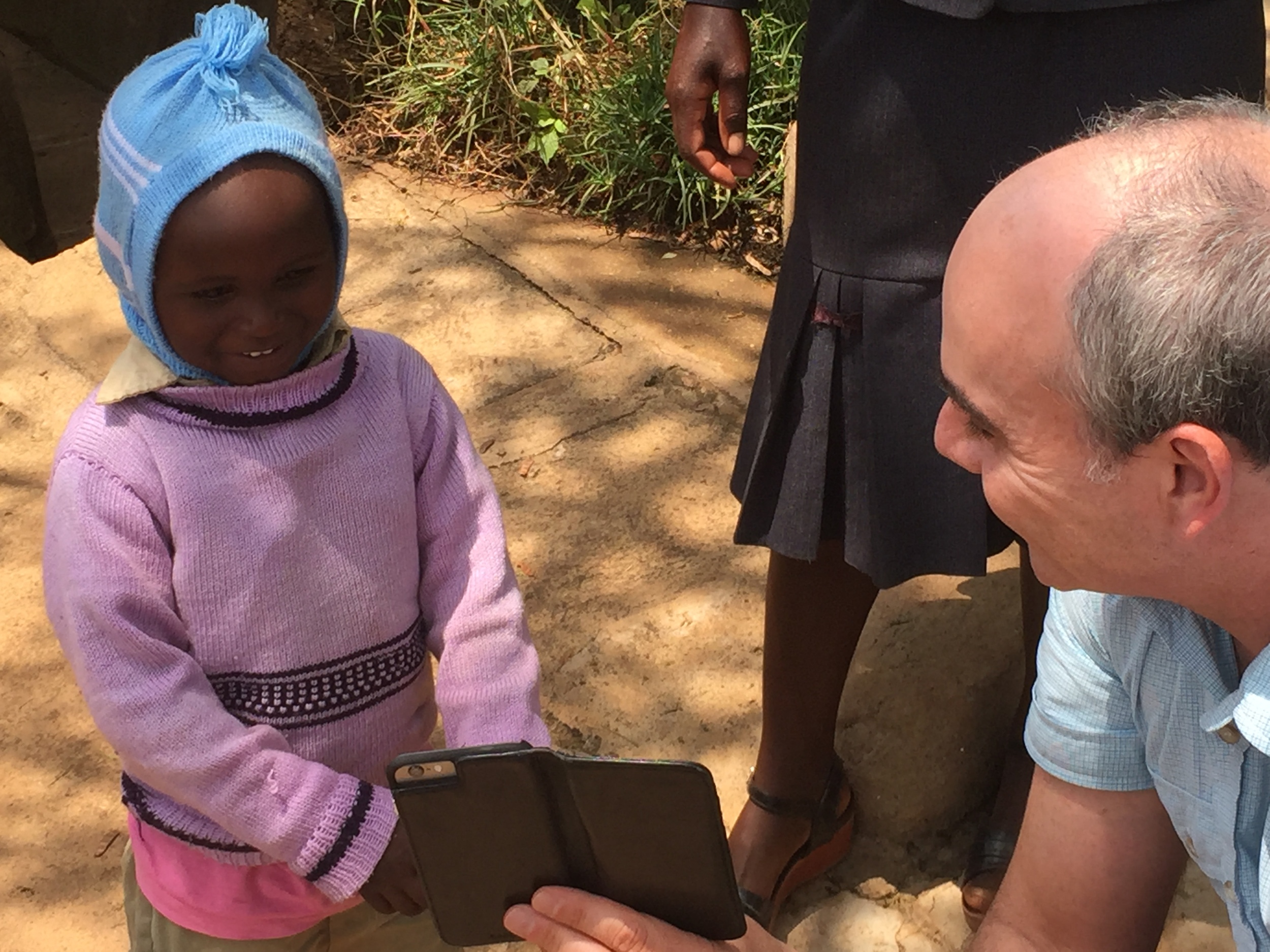
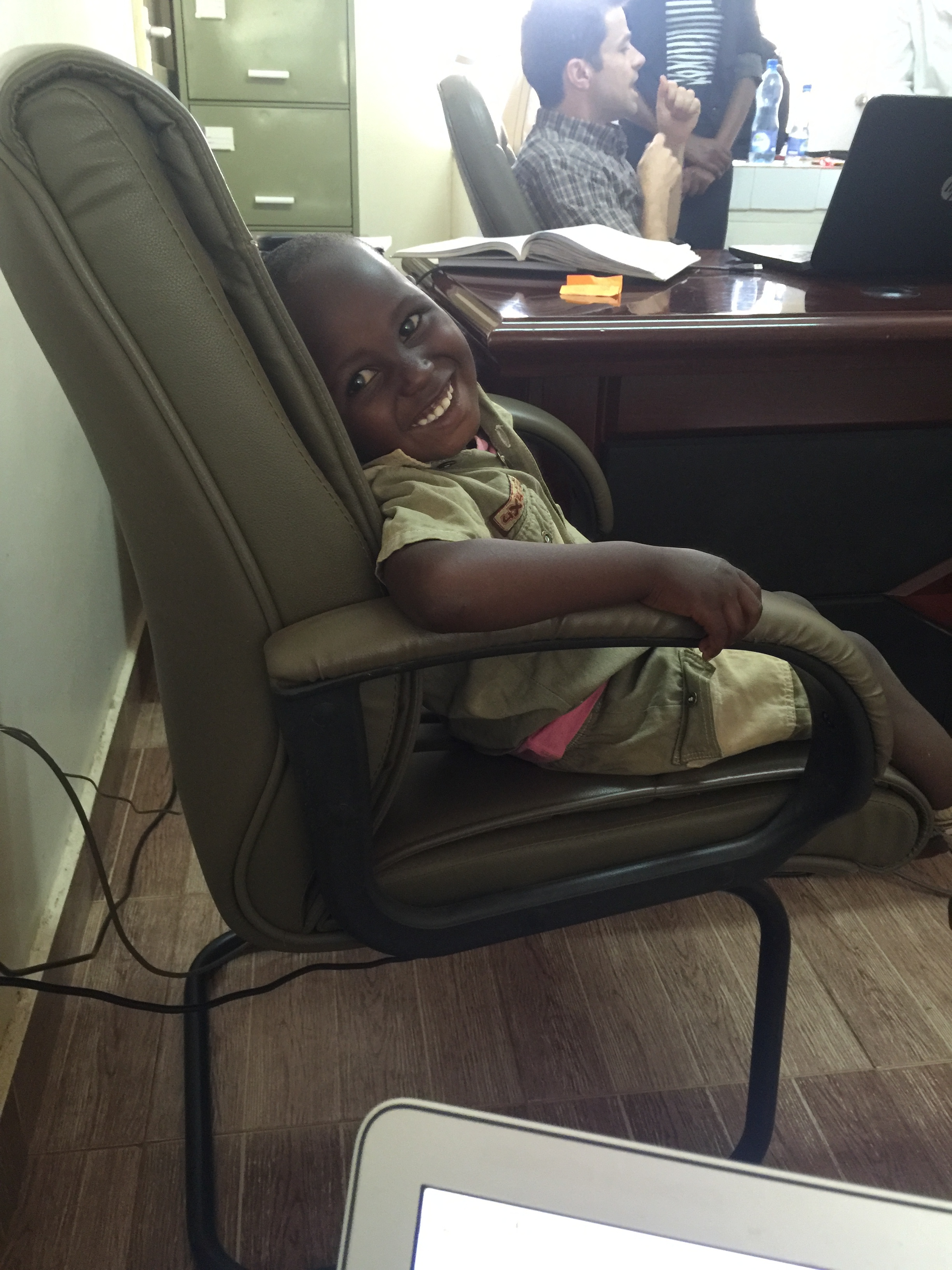
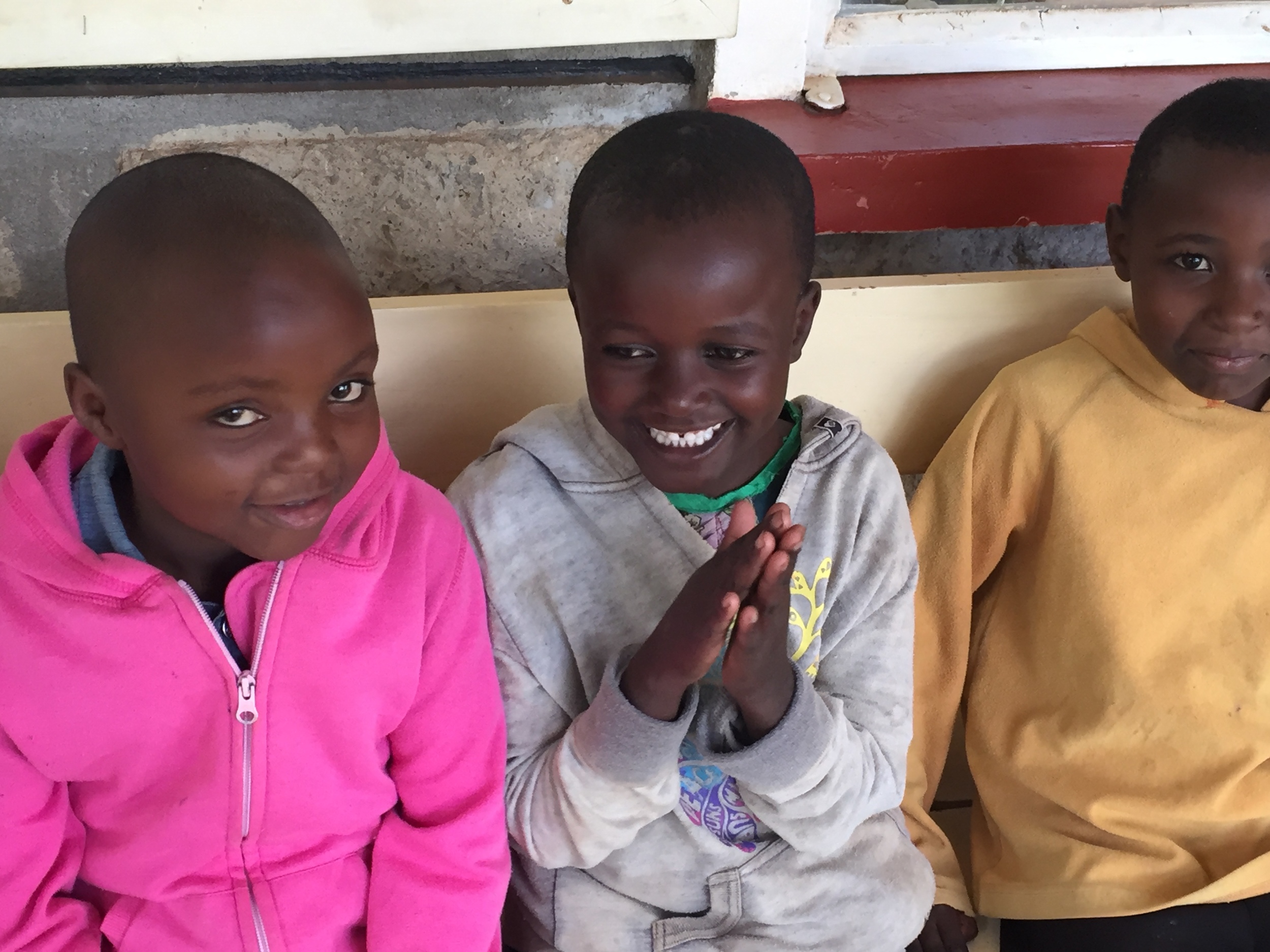

I think this is the most challenging part for the Naweza doctors. They are accustomed to diagnosing a condition, prescribing the treatment and in turn that patient receiving the treatment. Although that treatment may not necessarily result in a positive outcome, the patient at least has a chance. In this setting, the patient many times does not have that chance due to the lack of resources. A Western doc who is used to making the sick better with all of the resources available, whether it be diagnostic testing, abundant drug choices and surgical interventions, feels at times powerless. And this can be emotionally demoralizing to a person who has chosen a profession to make people better.
Vanessa training community health workers on chronic disease
Vanessa spent the second part of the day with the Community Health Worker, Emily. They took the clinic ambulance to the local church where Emily had organized for members of the community to assemble.
This was to be Vanessa’s opportunity to explain the Community Health Worker Kit which will serve as an educational tool for Emily when trying to educate her people on chronic disease. It was also a chance for Vanessa to observe how Emily interacts with her community so that we can provide guidance on the advice she offers them. Vanessa will do a separate write-up describing her experience.
A funny story that happened was when a cheeky little monkey ran over and stole food out of a person’s hand and then ran up a tree. He proceeded to peel of the wrapper and eat it tossing the wrapper away after he finished. As the wrapper was falling to the ground hitting branches along the way, the Kenyans were all laughing hysterically. I think the monkey was too!!
We were finally finished. The doctors had worked without a break from 2 p.m. until 7:30 p.m. without as much as a bathroom break. Their commitment and passion to help those in need was never more apparent and Naweza and this Kenyan community are most grateful. We then headed back to the lodge for tea/dinner/and maybe some wine, feeling very satisfied from a most productive day.
Tomorrow we will do cataract surgeries at the hospital. Dr. Sidiqa and Lydia will go to the hospital to observe the procedures and keep informed on each patient file so as to ensure proper follow-up, especially in the event of complications.
The other 3 docs will lead the didactic training in the morning and see patients in the afternoon. It is the same formula we used today and we were very happy with the flow.
Until then...lala salama and thanks for reading!
Stacy
